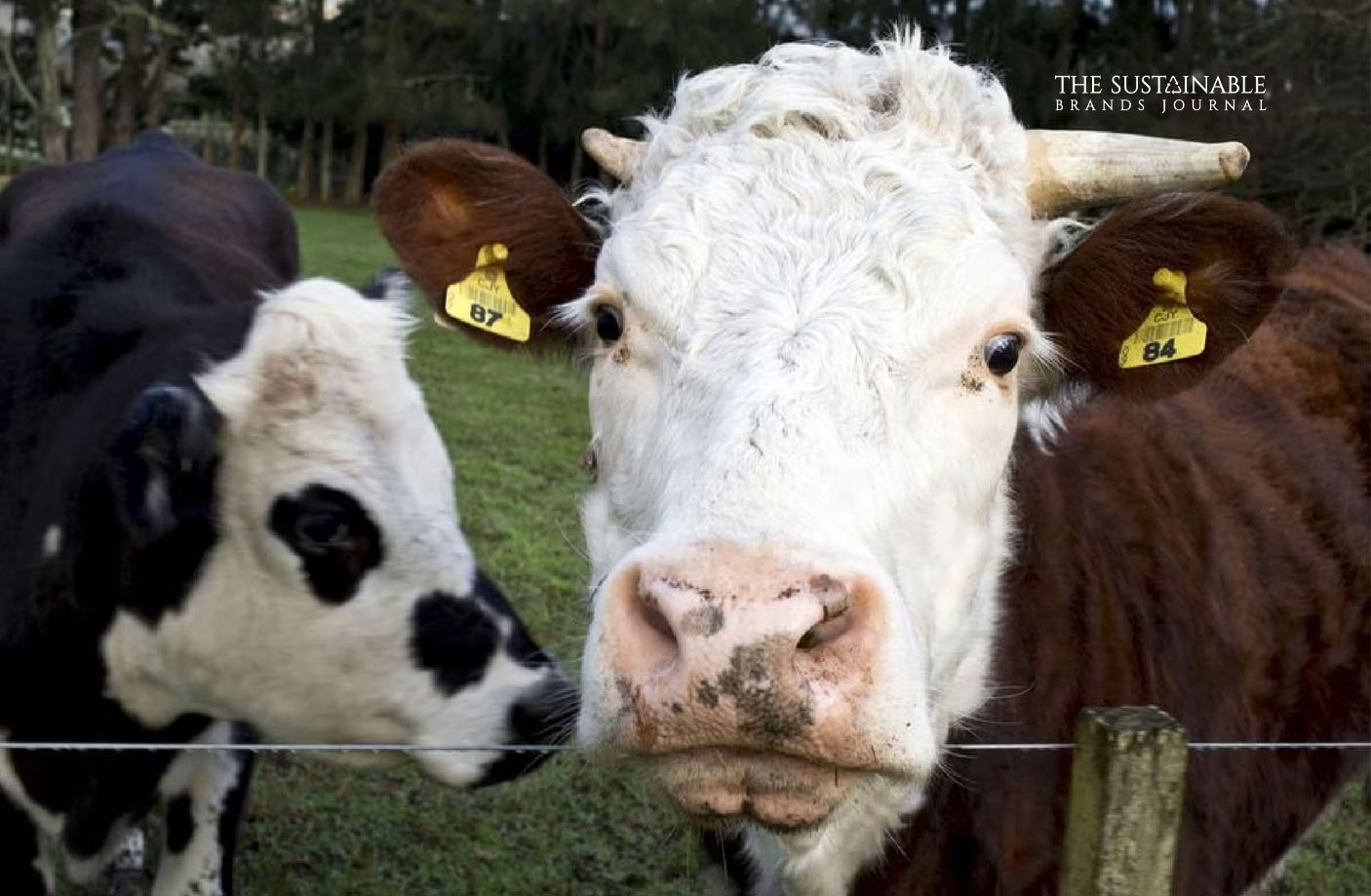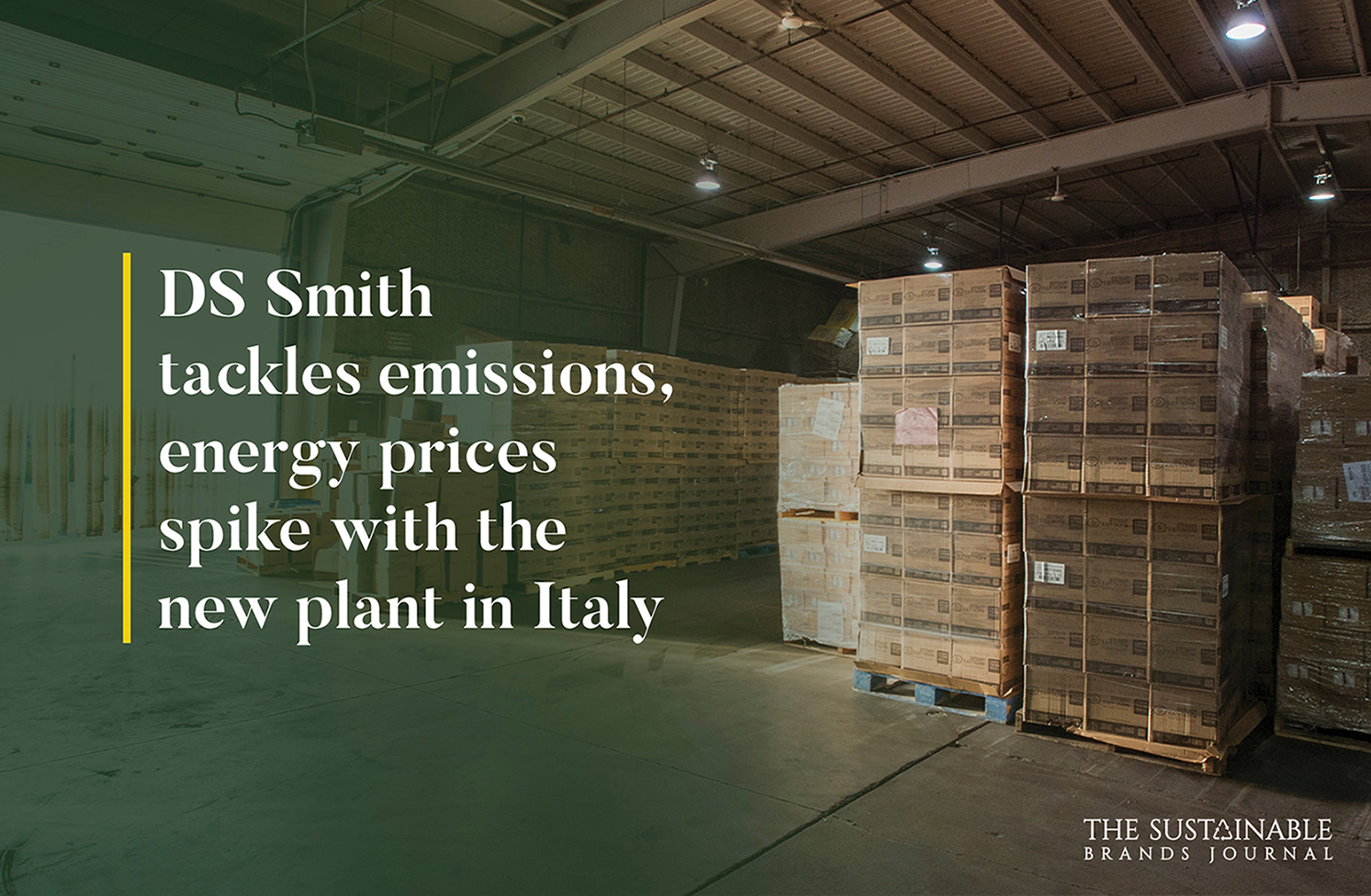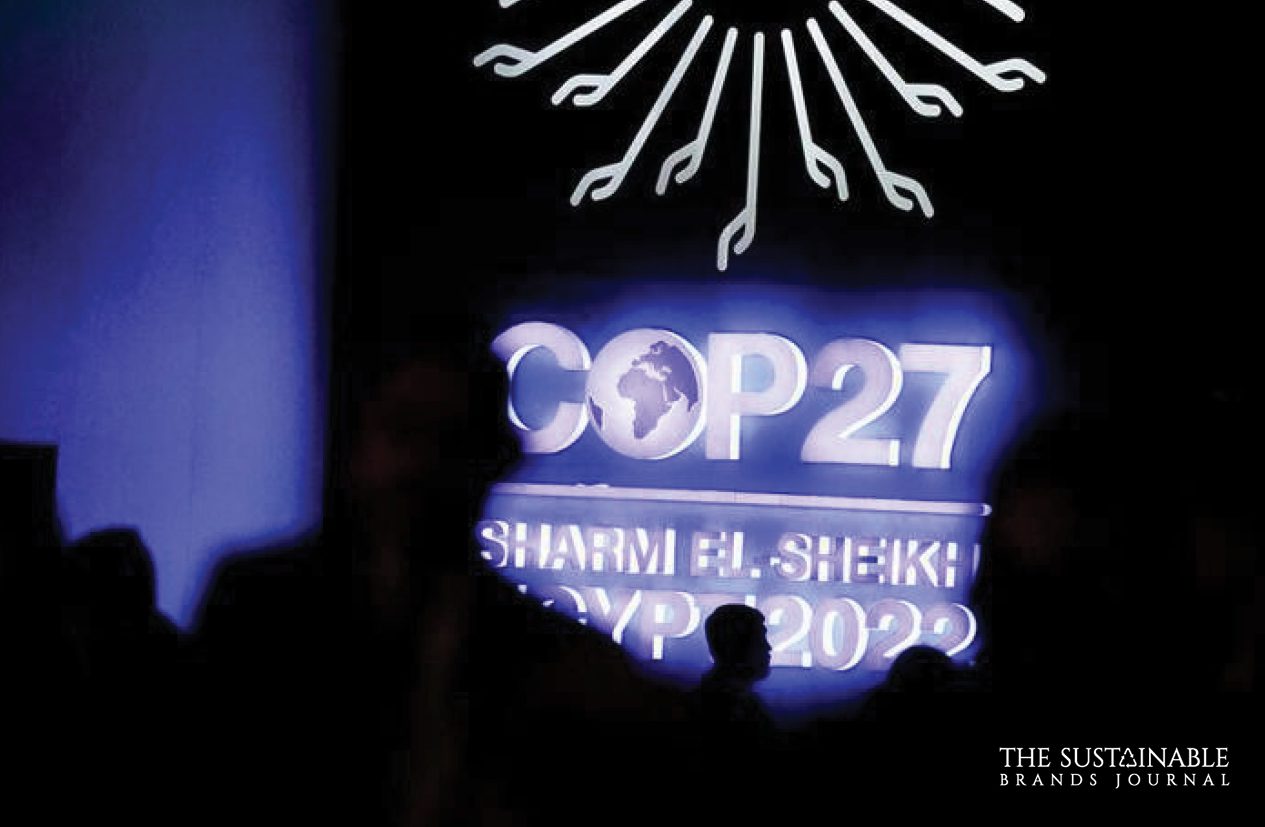
Reducing Methane Emissions from Cows farts is stinky but necessary job
Governments around the world, from New Zealand to Europe, are focusing on livestock as a key target in the fight against climate change. While it may seem counterintuitive, the United Nations estimates that the burps and farts of cows alone generate 15% of global greenhouse gas emissions annually. Despite industry resistance to measures aimed at addressing this issue, it is important to recognize the environmental impact of meat consumption and reconsider our attitudes toward meat products.
Methane, a potent greenhouse gas that is 80 times more effective than carbon dioxide at trapping heat in the atmosphere within the first 20 years of its release, is produced by the digestion and waste of cows and other ruminants. Among agricultural sources, cattle is a significant contributor to methane emissions, which reached 142 metric tons in 2022 – three times higher than those from the oil sector – according to data from the International Energy Agency.
In order to achieve the 2021 Glasgow commitment of reducing methane in the atmosphere by at least 30% by 2030, European Union member states are in talks about implementing emission restrictions on farms across the 27-nation bloc, potentially leading to a reduction in livestock numbers. Meanwhile, in New Zealand, where agriculture accounts for more than half of the country’s greenhouse gas emissions, the government is exploring the option of taxing farmers based on various factors such as the number of animals they rear, their fertilizer usage, and energy efficiency.
Implementation of these proposals will not be without challenges. In particular, farmers in Germany and Italy, which together produce more than a quarter of Europe’s beef, are resistant to such changes. Although the use of technology can help reduce emissions from milk and meat production, it may not be a feasible solution for every farm. Companies like Dutch chemical firm DSM (DSMN.AS) and New Zealand dairy producer Fonterra (FCG.NZ) have developed feed additives that can reduce cow burps, while French dairy company Danone (DANO.PA) uses a process to separate solids from liquids during milk production, lowering methane emissions by more than 20%. However, such measures may be costly and not universally applicable.
For instance, the proposed ‘cow fart’ taxes in New Zealand could make the country’s milk exports more expensive, leading consumer goods companies and retailers to look for cheaper alternatives from countries like Saudi Arabia, which has even higher methane emissions. Additionally, shutting down farms could have adverse effects on small players in a fragmented farming market
While an increase in meat prices may have negative impacts, it could also narrow the gap with plant-based burgers and steaks. Currently, plant-based options cost twice as much as animal-based ones, according to the Good Food Institute. However, if meat prices rise, consumers may opt for less carbon-intensive alternatives, reducing their consumption of meat and opting for more affordable plant-based options instead.
Ultimately, the ongoing debate will raise consumer awareness of the threat posed by a growing cattle population to climate change. While the proposed government policies may not completely address the issue, they represent the beginning of a necessary and lengthy battle, much like the fight against fossil fuels a decade ago.
Context
In the countries of the European Union decided to attempt a reduction in the number of farms that would be subject to regulations aimed at lowering pollution and greenhouse gas emissions from livestock.
The European Commission, which drafts EU legislation, last year proposed that all cattle, pig and poultry farms with more than 150 head of cattle, or around 184,000, comply with emission limits.
French dairy company Danone pledged on January 17 to reduce methane emissions from its fresh milk supply chain by 30% by 2030 compared to 2020 levels.
The New Zealand government proposed in October 2022 a scheme to tax farmers based on emissions from their herds, known as the “fart tax”.

Prachi, an accomplished Chief-Editor at The Sustainable Brands Journal, has 15+ years of experience in Europe, the Middle East, and India, managing 90+ global sustainable brands. She’s a prolific writer in sustainability, contributing to various publications. Prachi’s unwavering passion and expertise make her a recognized authority, driving positive change and inspiring a sustainable future.





